Current History Graduate Students
M.A. Students
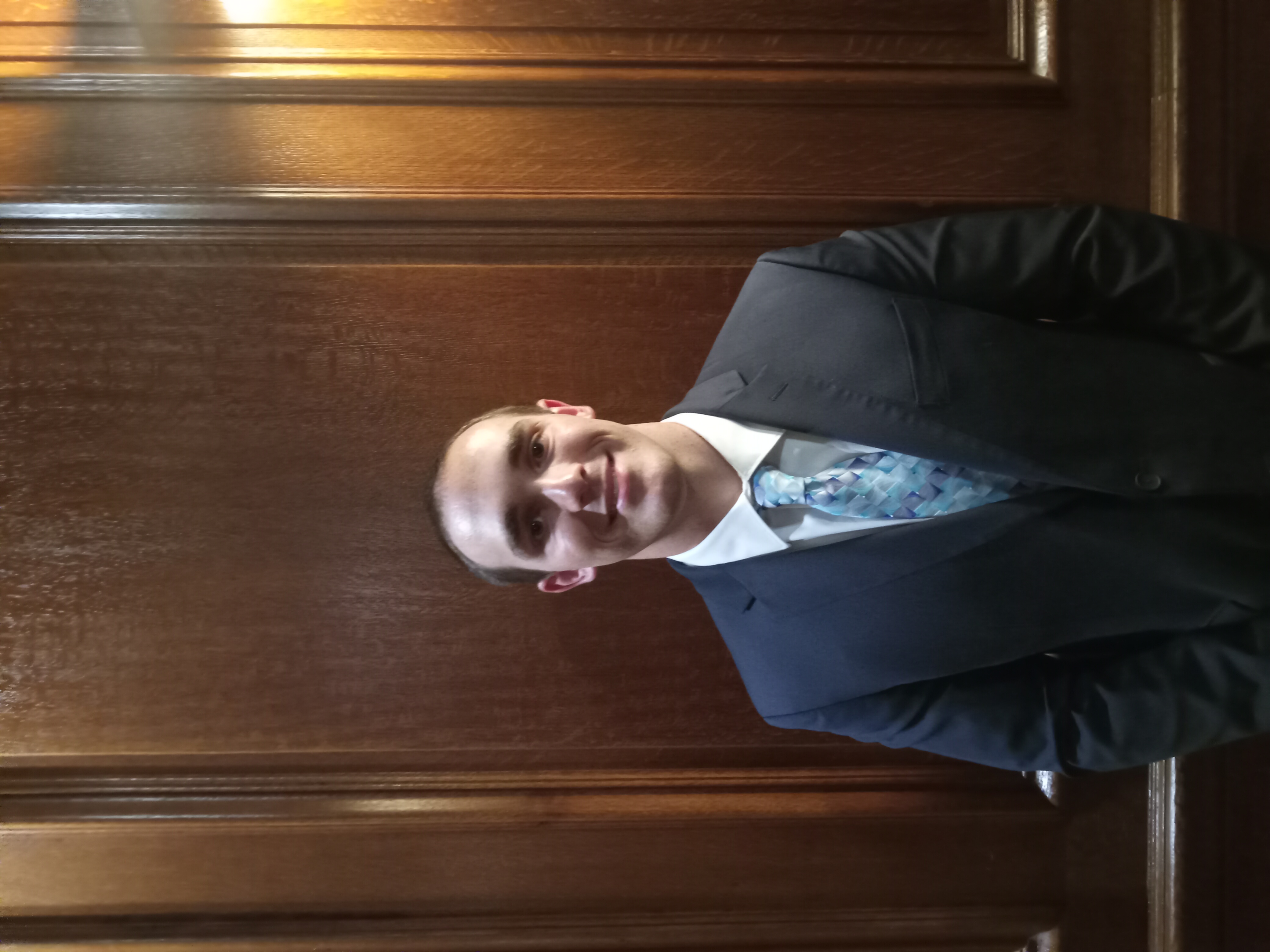
Michael Angers
Sydney Barry
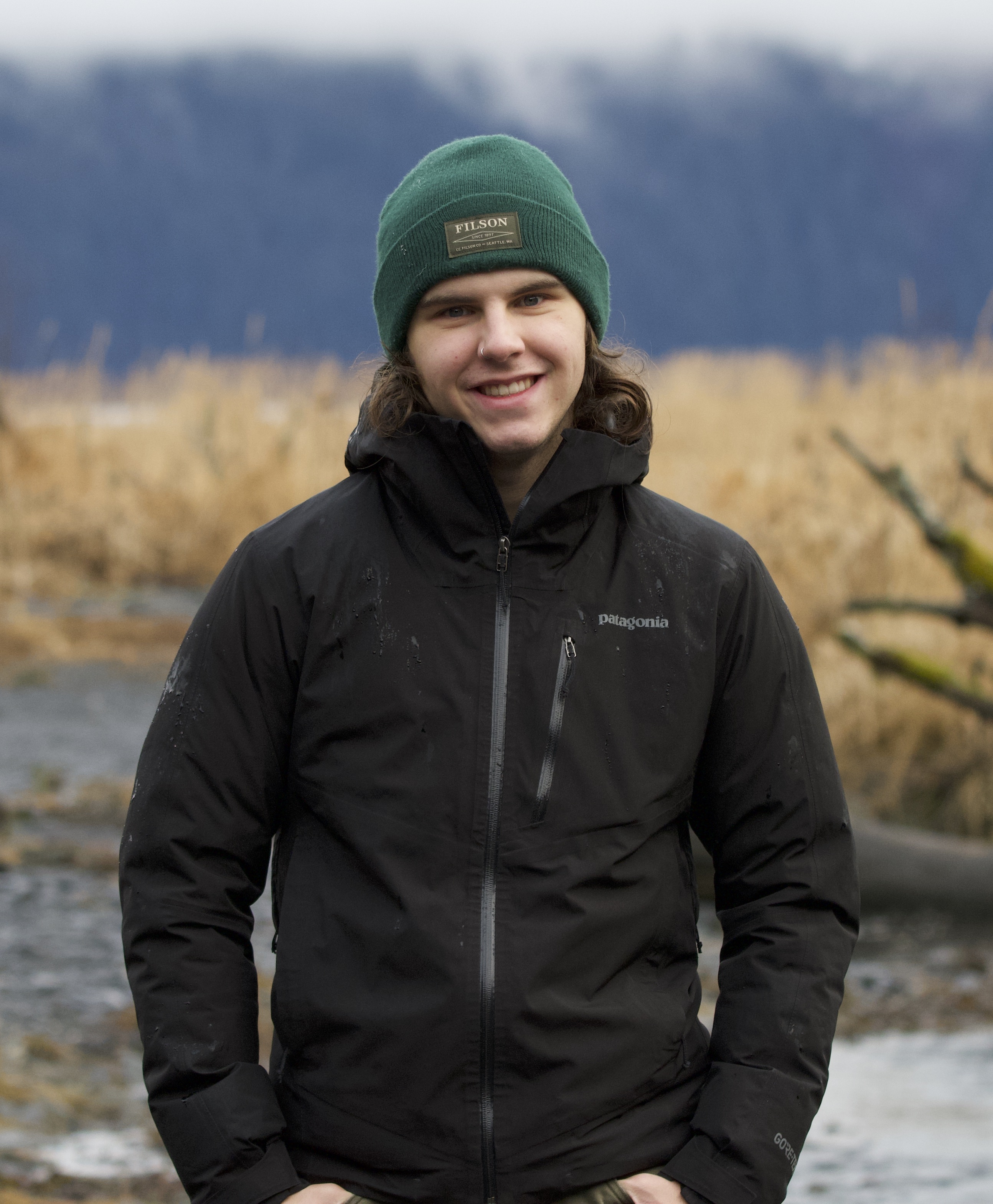
Carter Berg
Carter is drawn to the environmental history of the American West. His interest in the conservation of the West's public lands emerged from growing up in and interacting with the Greater Yellowstone Ecosystem. Carter's current research is centered on the material roots of the wilderness ideal in the GYE and how the multifaceted concept of wilderness has and continues to influence resource management practices in the region.
Dovky Questian
Kimberley Kohn
Charo Loa
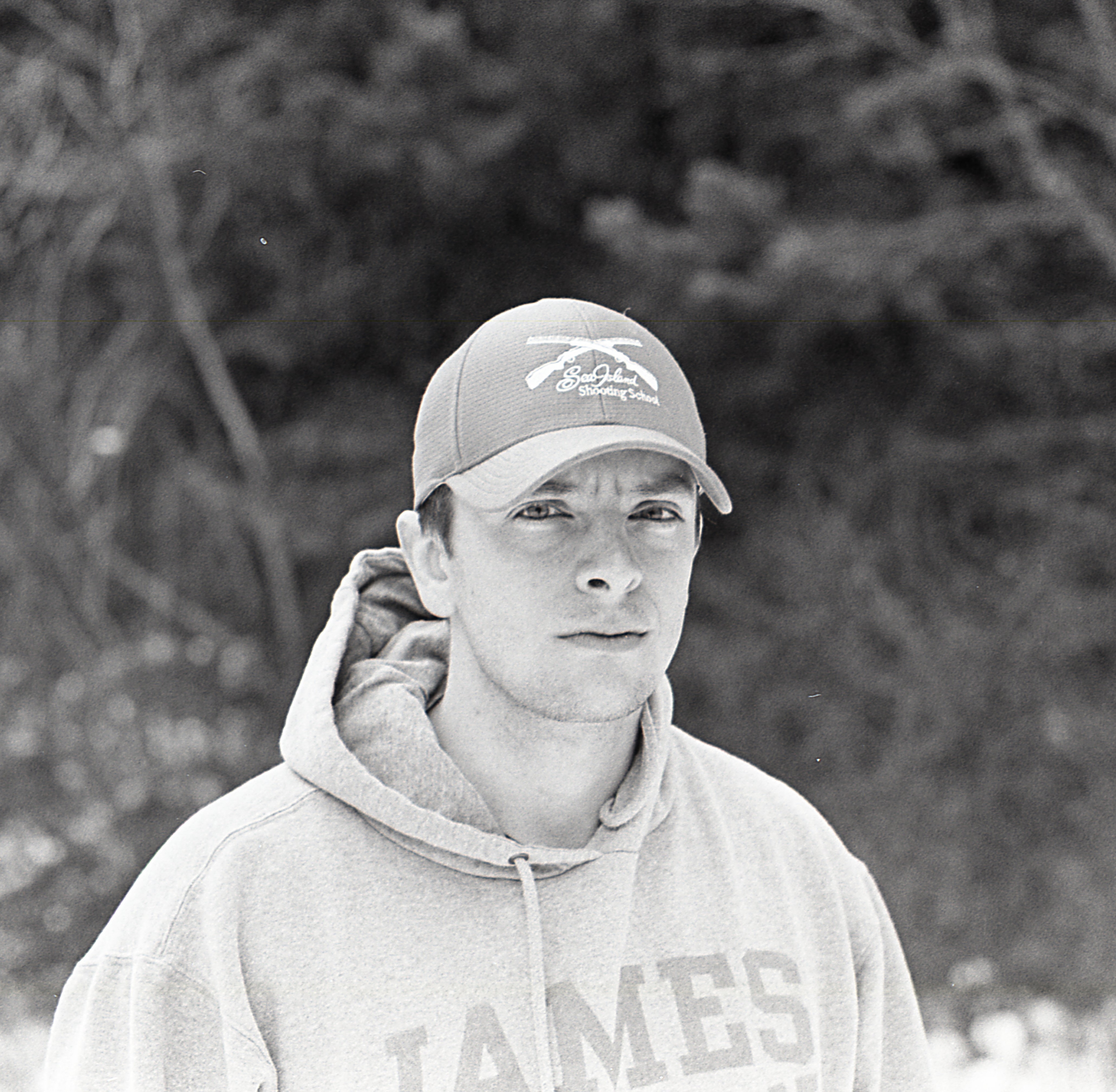
Dominic LeShock

Victoria Nelson
John Plencner
Kristen Steadman
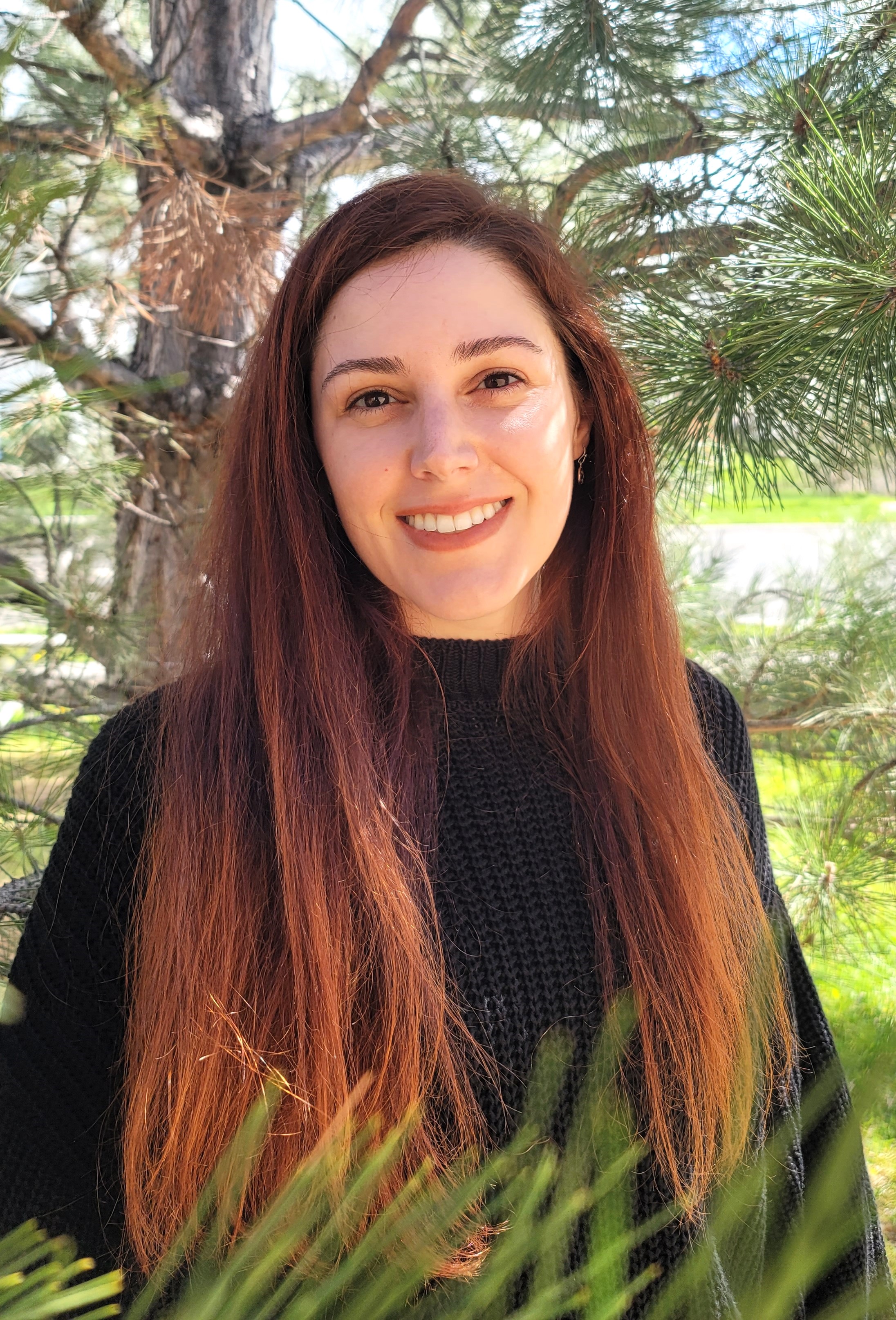
Jane Yaralian
Ph.D. Students & Candidates

Laurel Angell
I study American and Environmental History. I am interested in how a history of missed opportunities between American environmentalists and people of color can provide key lessons for a modern environmental movement at a critical crossroads. What are the historical roots and genealogy of the split between white conservationists and current groups such as the far more diverse Sunrise Movement? What are the key events, decisions or laws that brought us to this modern moment with a national set of environmental groups struggling to be relevant and effective with a broader audience; a predicament that undermines their ability to tackle the challenges of a warming planet – and recognize that climate change is more than an environmental issue, it is at the intersection of socio-economic, racial, gender and cultural inequality issues as well.

Denise Boynton
Denise is a Ph.D. student with an interest in U.S. empire and neocolonialism, focusing on Puerto Rico. She is particularly interested on how Indian federal laws and policies were transferred transnationally.

Travis Carioscia
Travis studies environmental history and history of science. He is particularly interested in Antarctic science and exploration with an emphasis on subglacial lake access, ice core science and the rise of climate science in extreme environments since the International Geophysical Year of 1957-1958. Other topics of interest include: Victorian science, Mountain Studies, and Geology.

Carol Chang
Carol is a PhD candidate studying twentieth century Native American art in Santa Fe, New Mexico. She holds a bachelor's degree in fine arts and an associate's degree in environmental science. Her work combines museum history, Native American history, and art history in order to study the development of modern Native Arts, from the Santa Fe Indian School to the Institute of American Indian Arts.
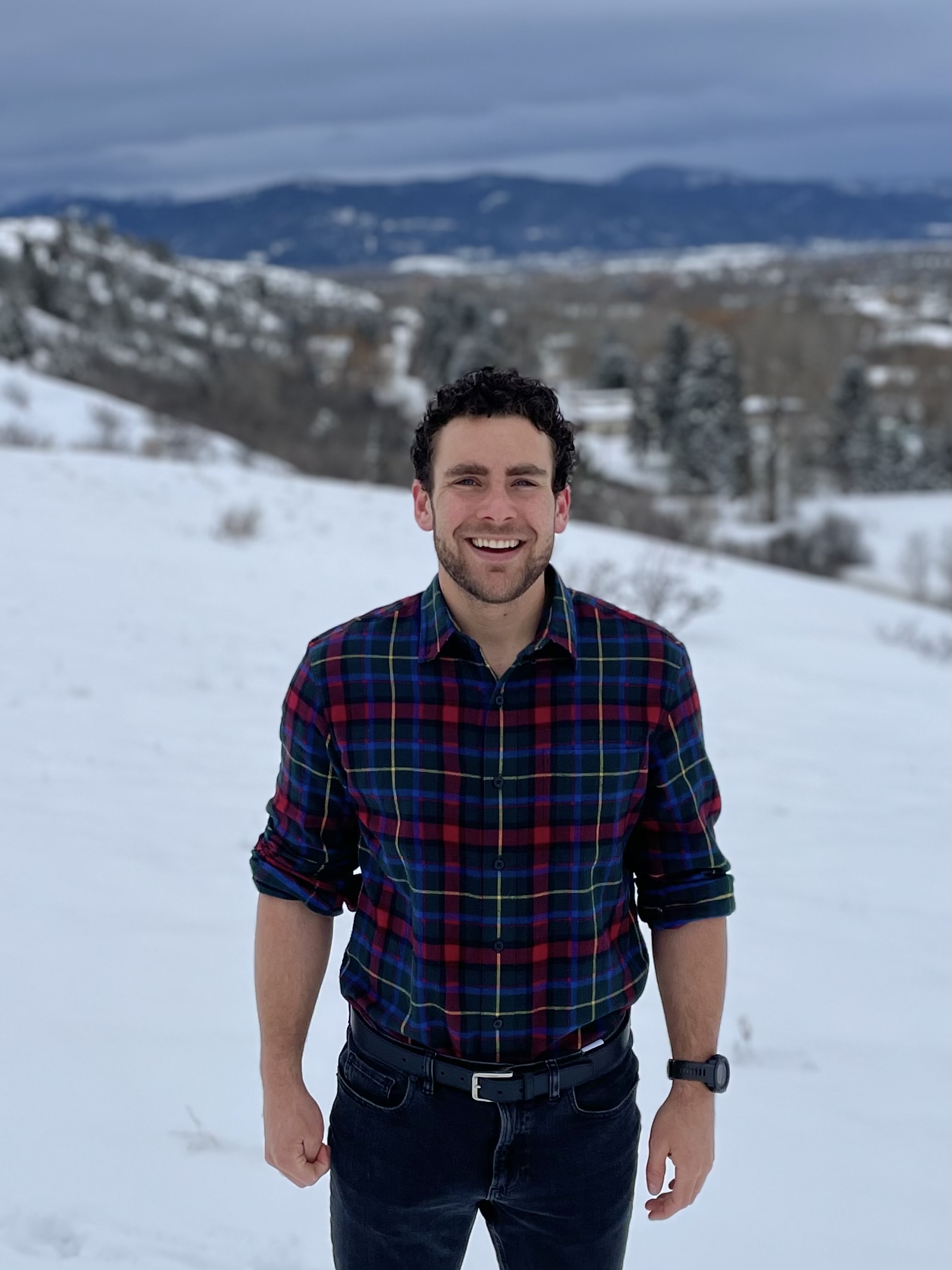
Angus Cummings
Robert Elliot III
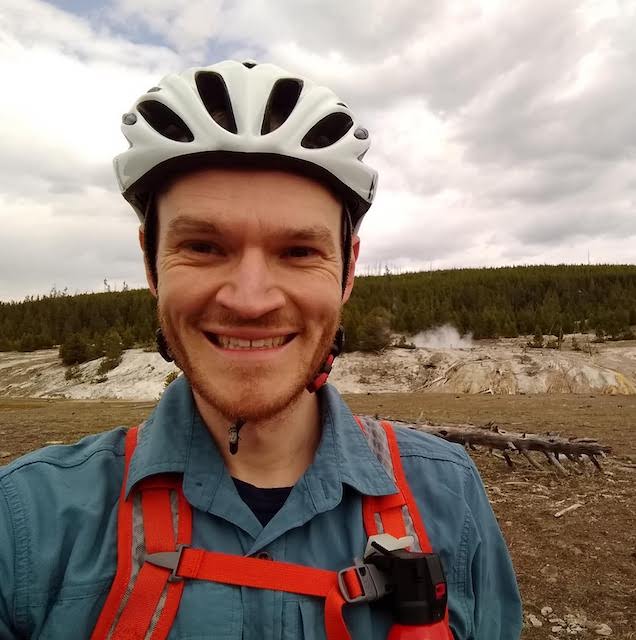
Kirke Elsass
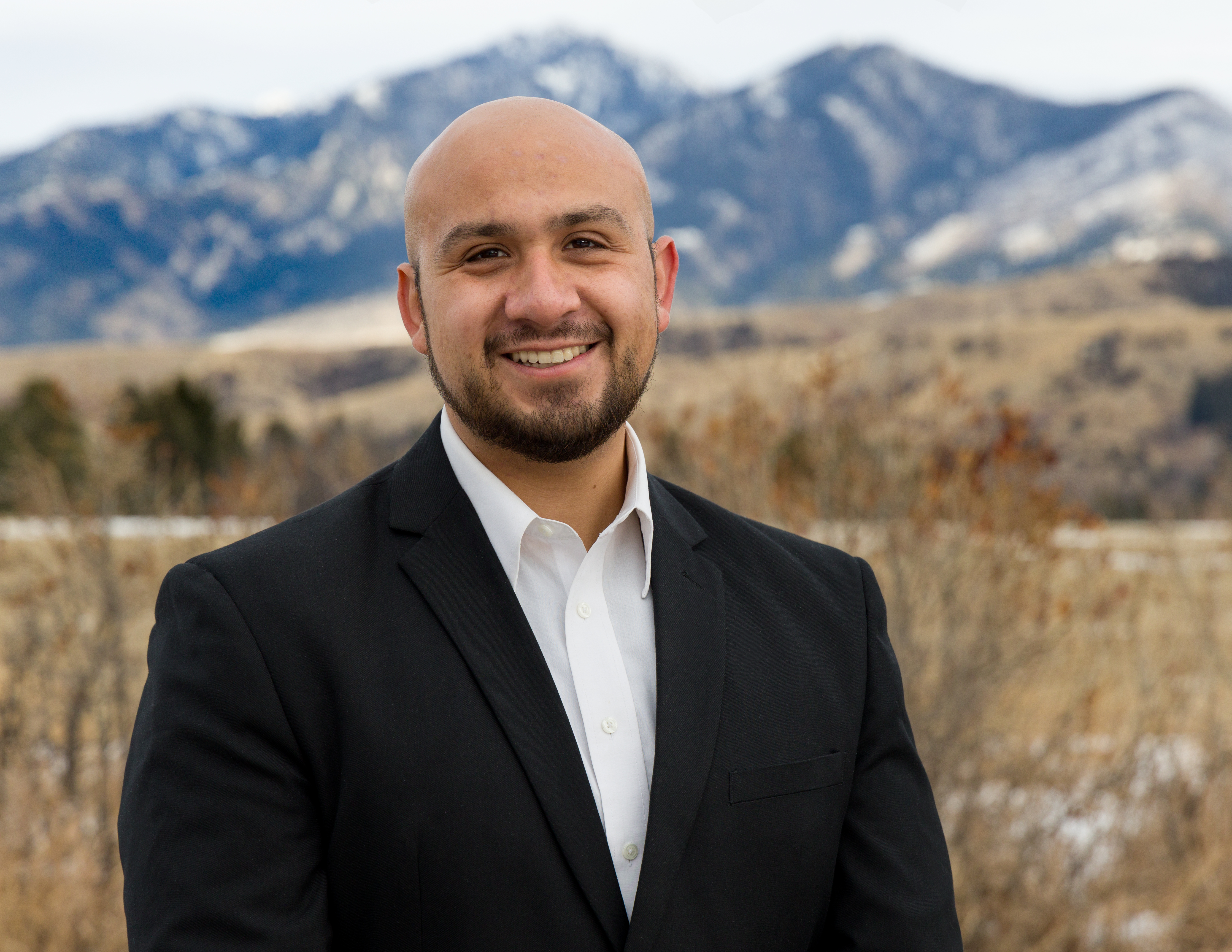
Joseph Esparza
Joseph Esparza is a PhD Candidate whose research is focused on the American West, historical geography, and the history of ideas. He received his BA in History and Geography and his MA in History from CSU San Marcos, and has a background in public history. His dissertation is titled "Landmark Mountains: Empire, Experience, and the Popular Imagination of the Vertical West, c. 1820-1945." His research aims to tell an iconographic history of the American West through the historical creation and experiences of "landmark mountains" in the popular imagination. He is passionate about teaching and helping students flourish. In his free time, he enjoys mountaineering, skiing, backpacking, and playing the church organ for his parish.

Georgie Karahalis

Meeri Kataja
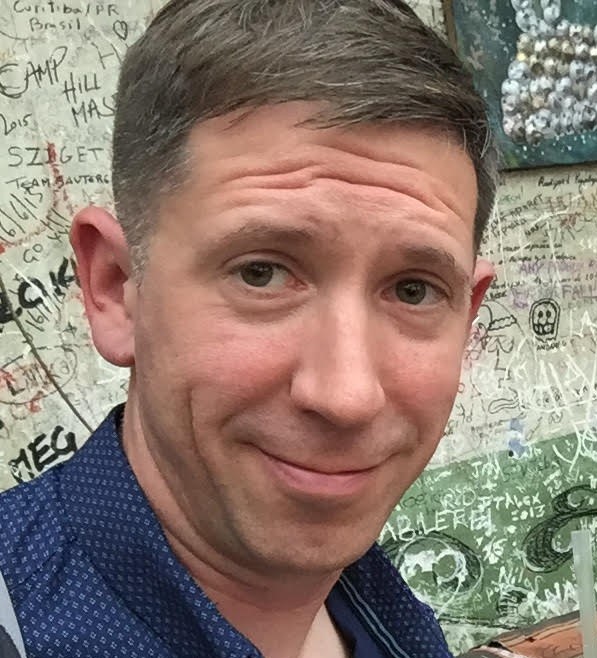
Christopher L’Heureux
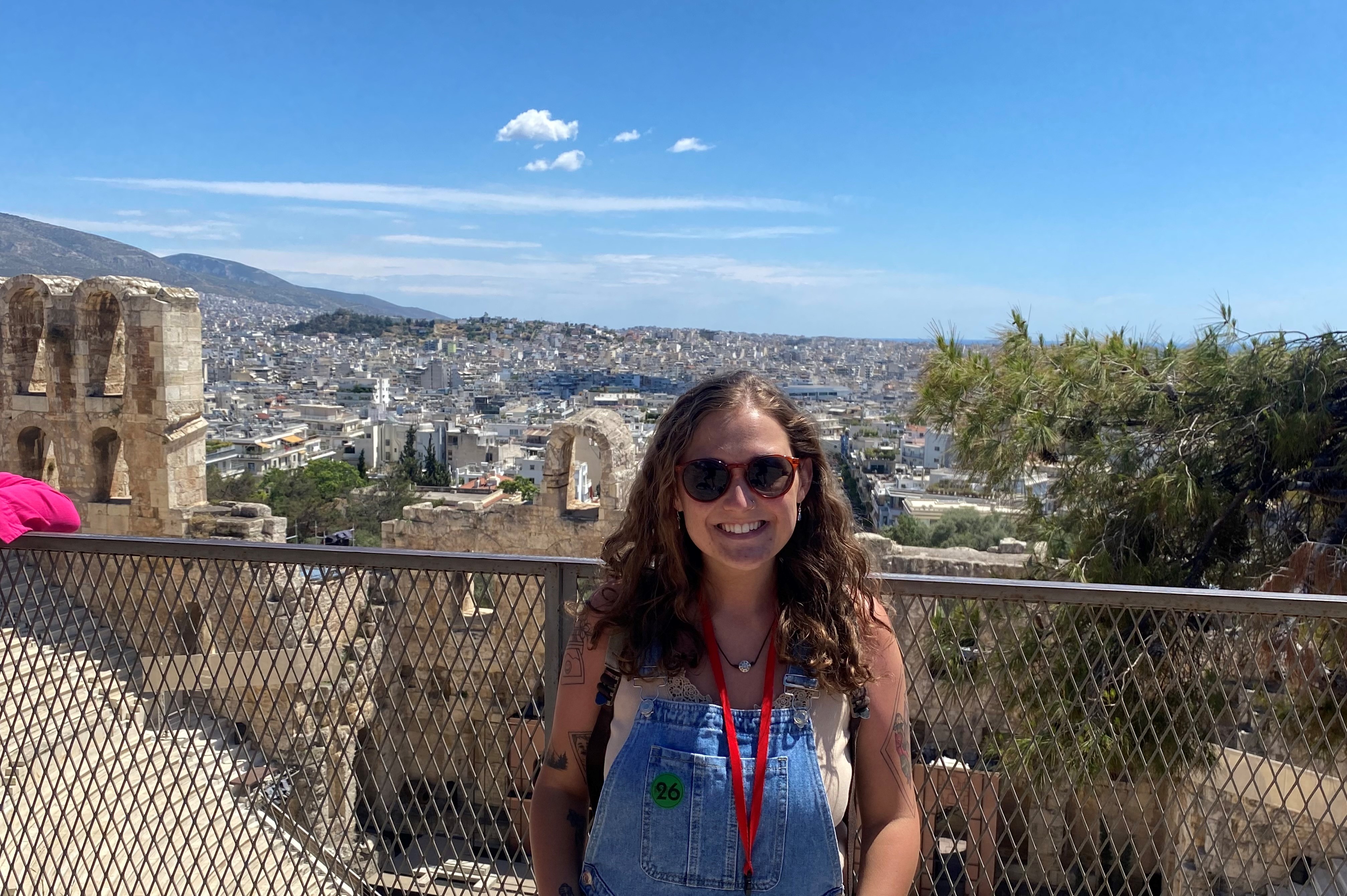
Amy Megowan
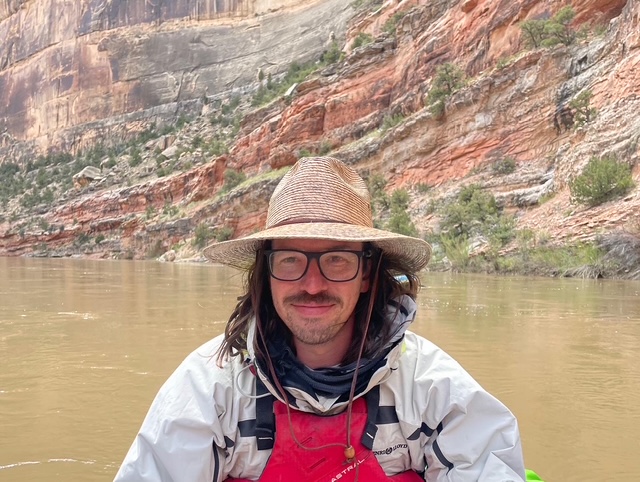
Alex Miller
Katie Montana
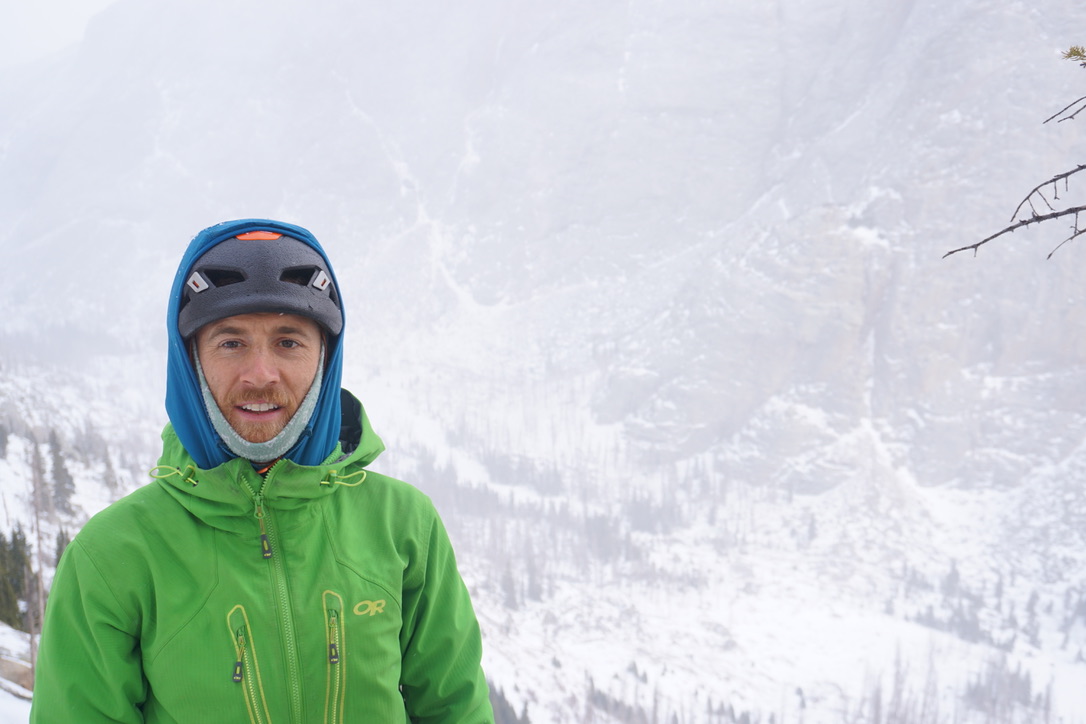
Jacob Northcutt
Emily O'Brien

Natalie Preston
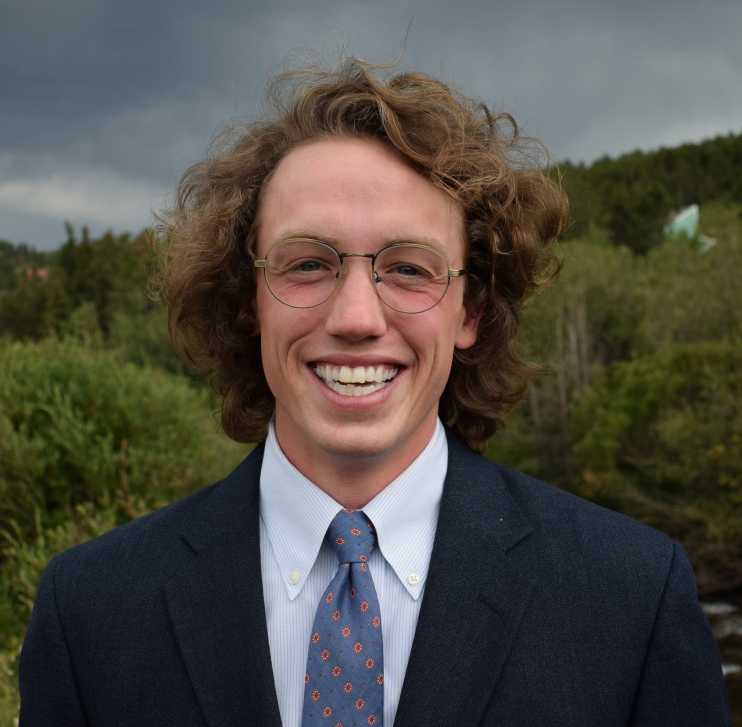
Austin Schoenkopf
Austin Schoenkopf (M.A., U. Oklahoma 2020) is a Ph.D. candidate studying the social and environmental consequences of creating a National Park Service unit in southeastern California’s eastern Mojave Desert. A Mellon Applied History Fellow at the Center of the American West, CU-Boulder, Austin works as a historic preservationist and archaeologist across the American West.
Matthew Stump
Matthew is conducting research at various archives including the Nebraska Historical Society – Lincoln, Montana Historical Society – Helena, the Coos County Historical Society – Coos Bay, Or., and the Oregon Historical Society – Portland, Or. The result of this research will show the various ways in which money, trust, and debt were non-material technologies used during the Gilded Age American West to create a system (that still exists today) that favored White Anglo men, while excluding the ‘Other.’ Using inter-disciplinary techniques, secondary source work includes psychology, economics, anthropology, and statistics. Matthew’s dissertation is a biography of a railroad, mining, fishing/cannery, and timber baron named Elijah ‘The Profit’ Smith.
Yvette Towersap
Yvette is studying the history of the Shoshone and Bannock people in the Greater Yellowstone region including southwest Montana. She has a bachelor’s degree in Anthropology, a Masters in Environmental Law, and another Masters in U. S. History. Her interests are Native American tribal histories, political/treaty history, native gender and public history.
